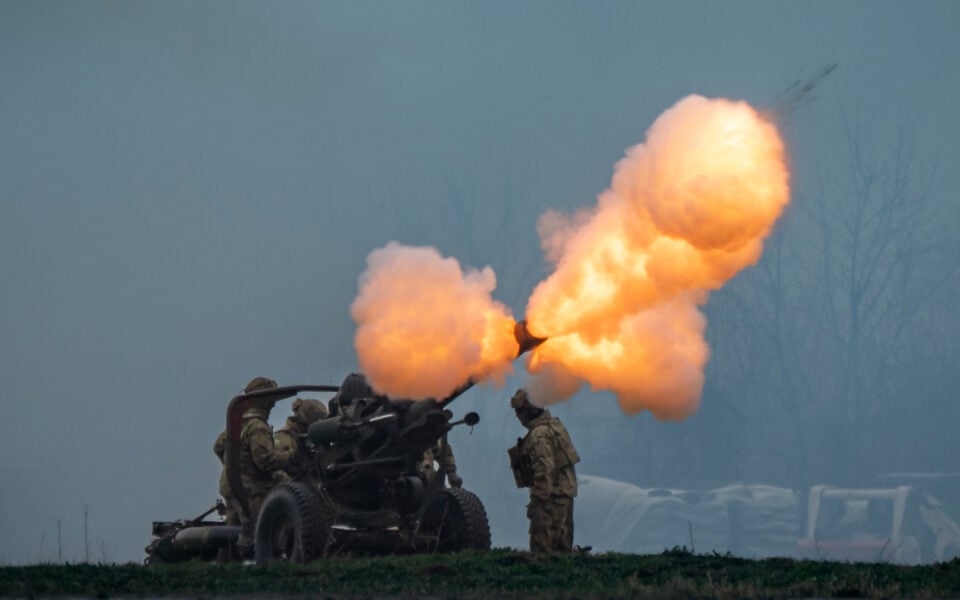The European Union seems to have crossed the Rubicon with respect to creating a substantial pan-European defense which, if implemented correctly, would ensure its security.
It is indeed inconceivable that until now one of the most powerful political and economic entities in the world had been so dependent on others for its defense.
But US President Donald Trump’s unfolding radical shift with respect to Europe, and the prospect of Washington withdrawing its security guarantees from its Western allies, has forced European leaders to take the necessary step toward establishing their own defense posture and reviving their joint military production.
The decision comes as a vindication of Greece’s repeated calls for greater defense investments by EU member-states.
As a country living under a constant existential threat, Greece is a natural proponent of such measures and hence a vocal supporter of this latest initiative. Europe needs its own robust defense posture.
But there seems to be a divergence between the two powerhouses of the EU, Germany and France, on how the plan proposed by the Commission, to boost the Union’s defense industry with €150 billion in funding, should work.
The debate has to do with whether non-EU countries should be receiving such funds. The answer should be clear. Defense funding should be directed specifically to EU members.
Outgoing German chancellor Olaf Scholz argued that the EU defense project should “remain open to non-EU partners such as the United Kingdom, Norway, Switzerland or Turkey that share Western values.”
Cooperation on specific projects with non-EU members – provided that the latter indeed “share Western values,” and not all of the countries Scholz mentioned do – is a thought that deserves further exploration.
But using EU funds to boost the defense production of non-EU members is too far-fetched. As French President Emmanuel Macron rightly noted, “funds shouldn’t be spent on new ready-made kits that are, once again, non-European.”
The EU should focus on assisting homegrown talent and innovation in the defense sector and that not only covers air defenses or fighter jets, but also intelligence gathering and surveillance. Why would the EU invest in such capabilities of countries other than its own members?
